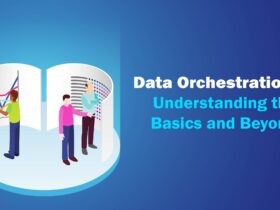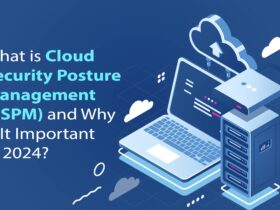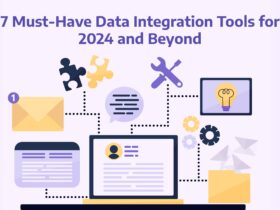Redgate Software, the provider of end-to-end database DevOps, announced that its popular SQL Server database monitoring tool, SQL Monitor, now supports Amazon Aurora PostgreSQL as well as PostgreSQL on-premises.
The release enables enterprises to move beyond the built-in but limited monitoring capability of Amazon Aurora and provides a rich and comprehensive set of alerts, performance metrics, statistics and instantly accessible advice. Using SQL Monitor, they can view the status of their PostgreSQL servers, databases and instances whether on-premises or in the cloud from a central dashboard.
Building out support for PostgreSQL
As part of Redgate’s mission to support database management across the DevOps lifecycle on any database, any platform, anywhere, the added support for PostgreSQL is the latest step to help DBAs who are increasingly expected to work across multiple databases.
Already a long-established database monitoring tool, a public preview of SQL Monitor support for PostgreSQL was introduced in late 2022, giving users access to real-time performance monitoring, alerts and diagnostics for both SQL Server and PostgreSQL in the same at-a-glance, side by side view. This was enhanced further in April 2023 with the launch of SQL Monitor V13, which enables enterprises to add and monitor PostgreSQL instances hosted on Linux or Amazon RDS.
Also Read: Early Adopters of Intelligent Light’s Kombyne™ Are Gaining Benefits
The latest release supporting Amazon Aurora gives enterprises the option to manage and monitor their database estate in the way that best suits their business. For those with hybrid estates hosted both on-premises and in the cloud, they can be confident every database, server and instance is being monitored in the same way.
For those who prefer to take a cloud-first approach and avoid the capex costs involved with hosting their own infrastructures, they can be reassured SQL Monitor now supports different cloud environments available for different use cases.
When ease of manageability, the predictive costs of consistent workloads and automated backups are required, for example, Amazon RDS is a good option. For cloud-heavy organizations with high data usage, the high performance, massive scalability, and availability for large numbers of users and big volumes of data that Amazon Aurora offers may be a better option.
Helping to address business challenges
Redgate research has shown that it’s much more likely for data professionals and DBAs to have specialized on database platforms like Oracle or SQL Server, which is now leading to capacity and resourcing constraints for organizations looking to introduce PostgreSQL alongside them.
The wide support for PostgreSQL that SQL Monitor now offers is a good example of how challenges like this can be addressed. DBAs and others can monitor every server, instance and database on their estate, whether SQL Server or PostgreSQL, whether on-premises or in the cloud, from a single screen and see their status instantly. Importantly, the intelligent, customizable alerts and instant problem diagnoses the tool offers are tailored to each type of database it monitors. The new Aurora monitoring capability, for example, gives users an understanding of overall performance, with additional metrics unique to Aurora like ACU utilization as well as alerts around failover events for the whole cluster.
SOURCE: Businesswire
































